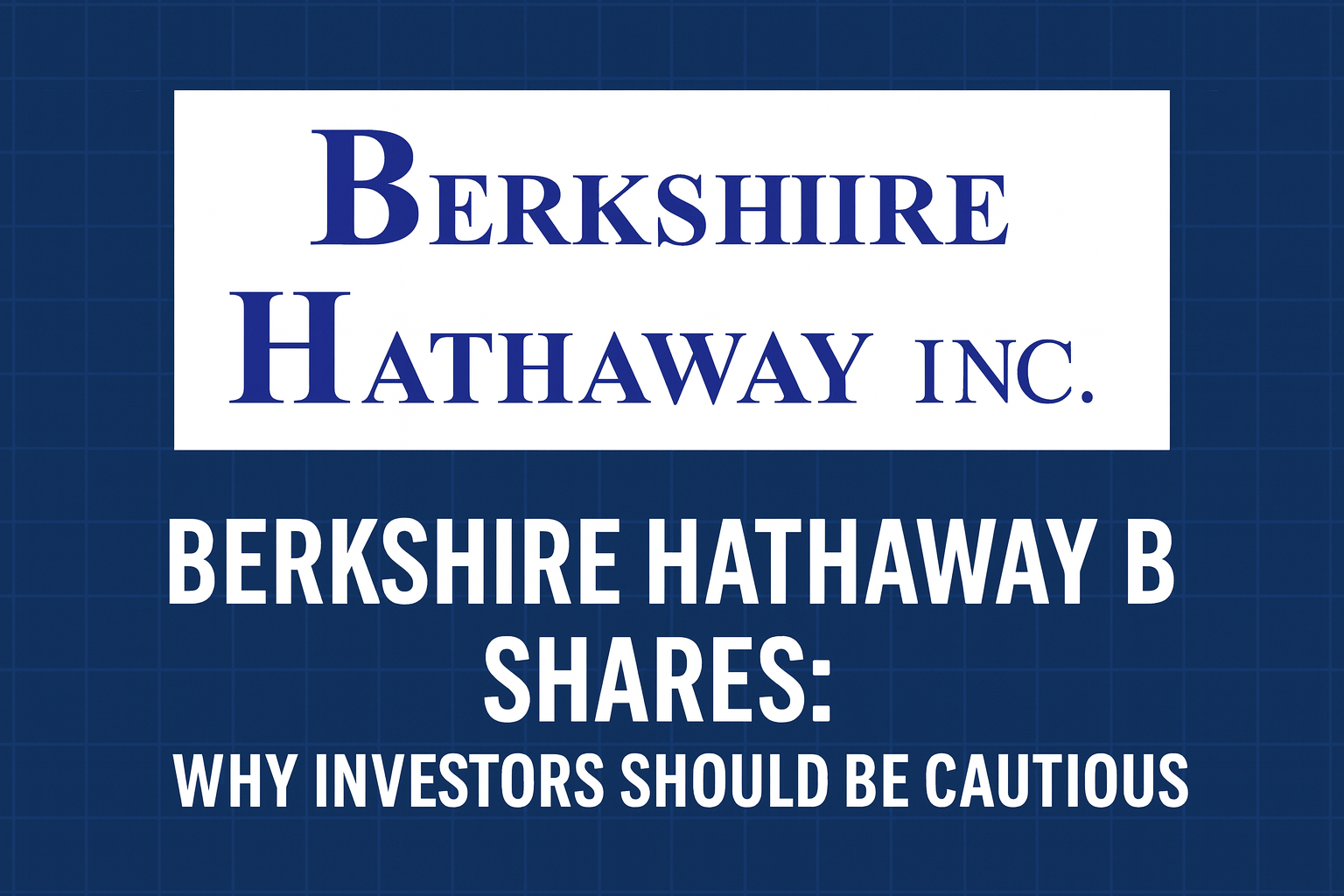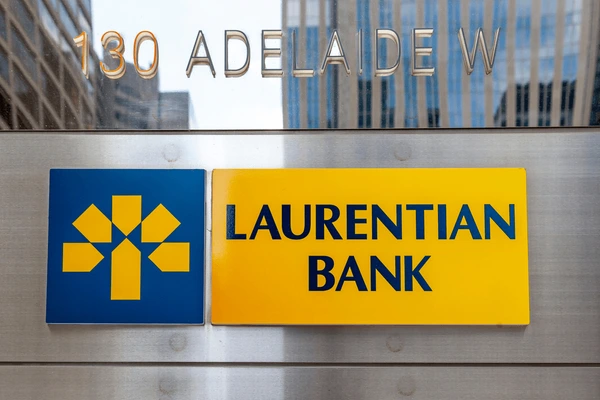Berkshire Hathaway B Shares: Why Investors Should Be Cautious
Ross Healy analyzes Berkshire Hathaway B shares, highlighting key risks, valuation concerns, and potential downside scenarios for shareholders.

TL;DR
- Berkshire Hathaway B shares have broken key support, signaling possible further downside.
- Cash-heavy portfolio could weigh on valuation.
- Leadership transition adds uncertainty for future performance.
Berkshire Hathaway B Shares Face Key Risks
In this week’s Friday Focus, Ross Healy, Chairman of Strategic Analysis Corporation, applies Structural Valuation Analysis (SVA) to Berkshire Hathaway B shares, and the findings aren’t reassuring.
Looking back to 2008, Berkshire’s price has historically moved between two break points:
- High Conservation Price (HC Price): 1.5x book value.
- Normal Price: Price-to-book of 1.
This long-term range has kept the stock in a relatively predictable pattern, until now.
Support Broken: What It Means
Recently, Berkshire’s B shares fell below their HC Price. In SVA terms, that’s often a warning signal for further declines. The next lower break point, the High Mid Price, sits roughly 16% below current levels.
History also shows that in weak markets, the stock can drop further toward its Normal Price, a potential 30% decline from today’s price.
The Three Strikes Against the Stock
1. Cash Holdings at a Premium
Berkshire’s cash accounts for about 25% of its portfolio (and up to 33% by book value estimates). While Warren Buffett has called cash a “deferred investment,” investors today are paying $1.50 for every $1 of that cash. Historically, the market discounts excessive idle cash.
2. Cyclical Business Segments
Subsidiaries like Burlington Northern Santa Fe Railroad are cyclical. While recent results have been solid, cycles inevitably turn.
3. Leadership Transition
With Buffett’s retirement approaching, and Charlie Munger already gone, the quality of future leadership is uncertain. Investors may not want to find out the hard way.
What Shareholders Can Consider
- Long-term holders: If your cost base is low, evaluate the tax implications of selling versus holding. Historically, it has taken only two years for the stock to recover from its Normal Price.
- Short-term holders: Taking gains now and buying back at a lower price could be prudent.
- Income strategy: Covered call options may provide income and lower cost base while maintaining ownership.
Final Word
Berkshire Hathaway’s track record is legendary, but the combination of technical signals, cash allocation, cyclical exposure, and leadership change suggest caution. SVA points to the possibility of further downside, and investors should weigh their options carefully.
📺 Watch the full analysis here: https://youtu.be/Dw66oqB1yDI
.png)








